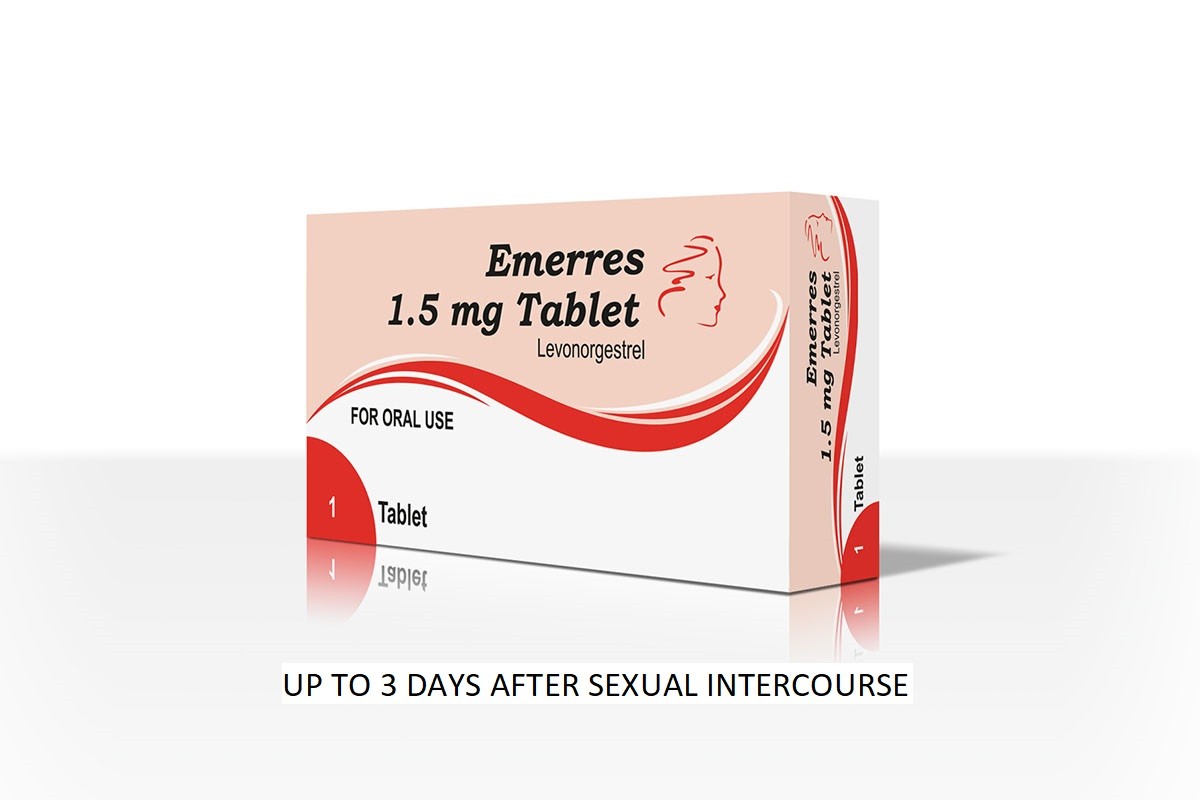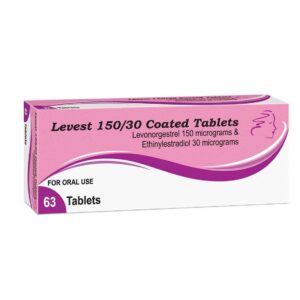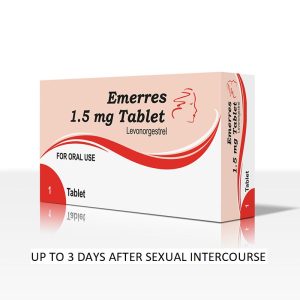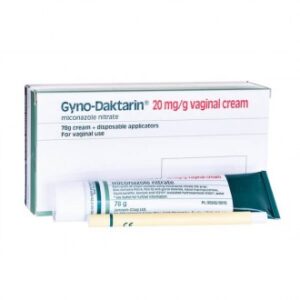Description
WHAT IS LEVONORGESTREL 1500MCG TABLET?
This is an emergency hormonal contraceptive (EHC) that is used to prevent pregnancy in women if taken within 72 hours of unprotected sexual intercourse or if your usual contraceptive method has failed.
HOW DOES IT WORK?
When taken within 72 hours of having unprotected sexual intercourse, Emergency Contraceptive Richter is thought to work by stopping your ovaries from releasing an egg; by preventing sperm from fertilising any egg that you might have already released.
HOW EFFECTIVE IS THIS MEDICATION?
Levonorgestrel prevents 84% of pregnancies if it is used within 72 hours. This pill is not as effective as regular methods of contraception. Please speak to your GP, pharmacist or nurse for advice on the most suitable contraceptive method for you.







Reviews
There are no reviews yet.